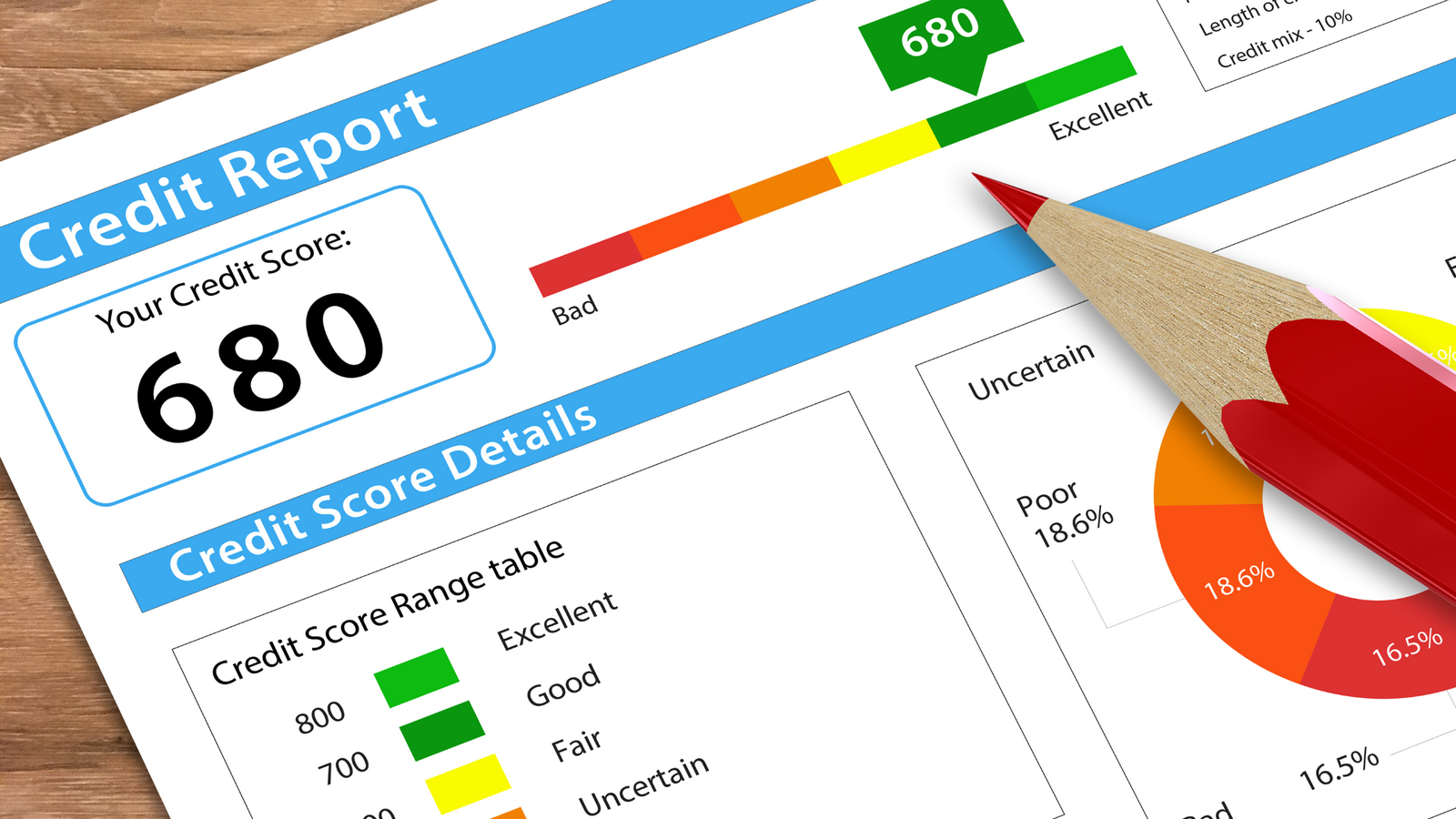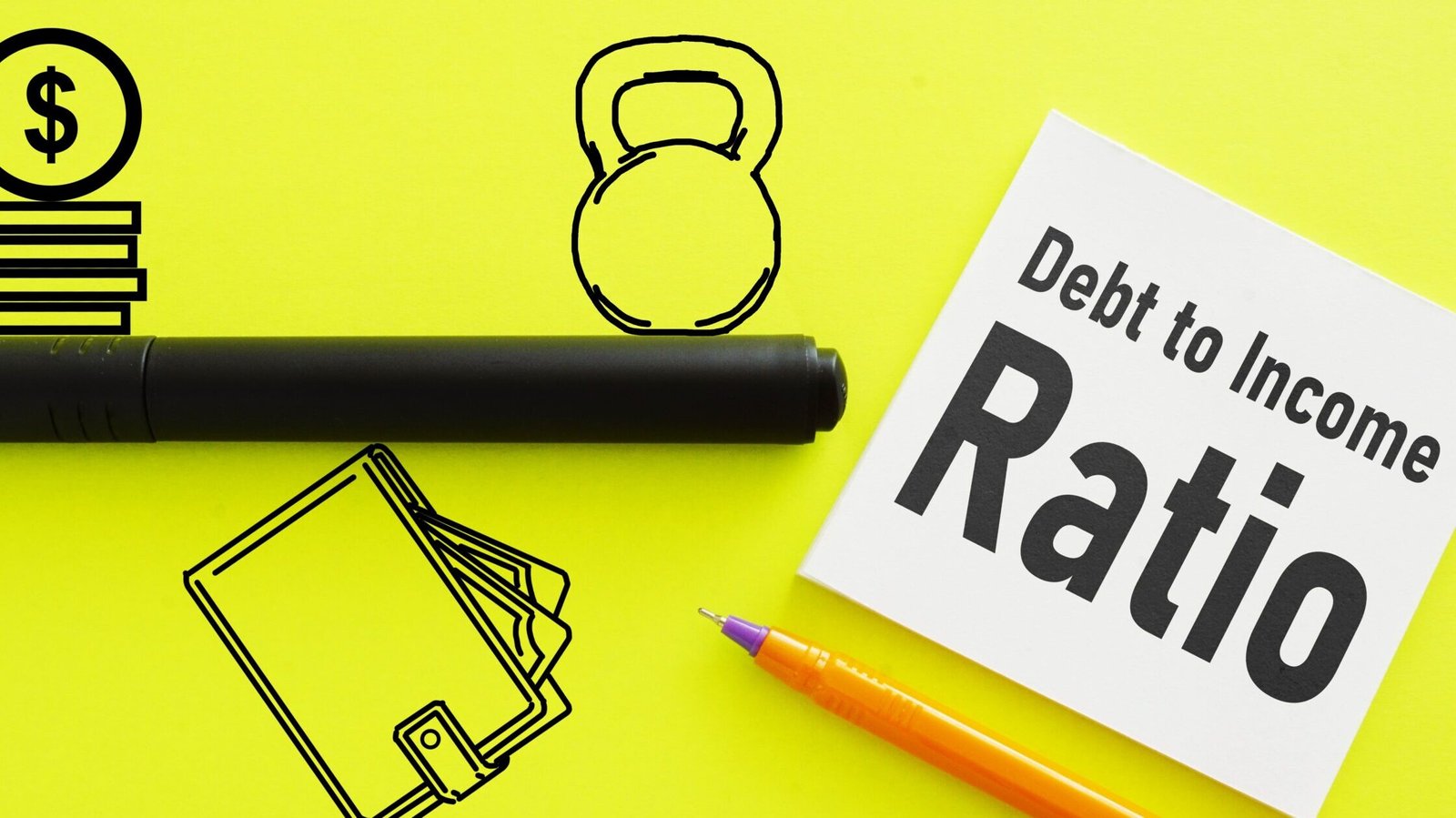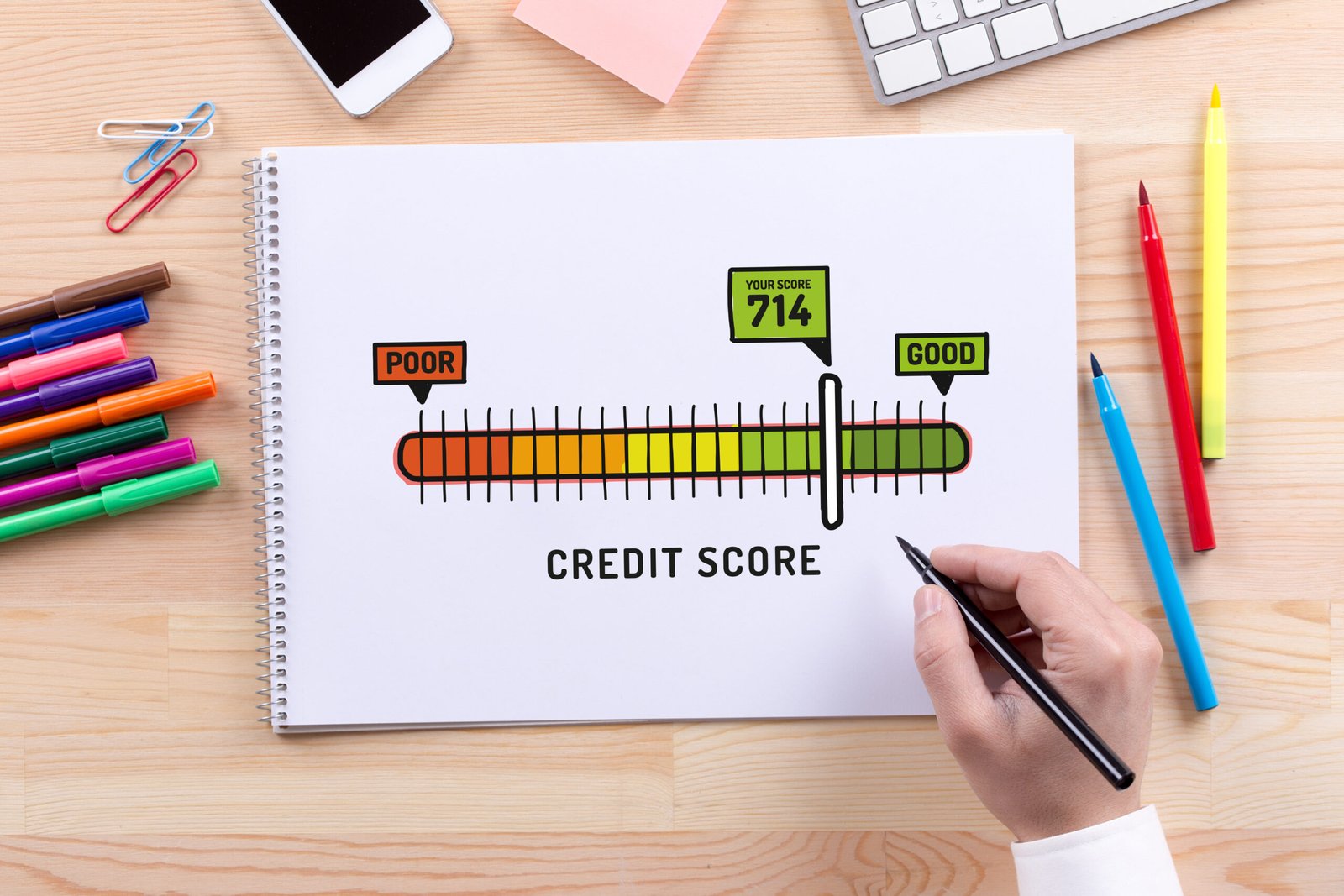If you can’t remember the last time you checked your credit report, here’s your wake-up call – your credit report is your financial identity wrapped up all in one statement. Credit reports are an extensive record of your credit history that is used by lenders when you apply for new credit. Information from your credit report is also used to determine your credit score, which plays a major part of any credit application.
Take time to go through your credit report – reading it isn’t as difficult or boring as you might think. Once you know what to look for, you’ll be reviewing your credit report like a pro – hello, genius!
With learning how to read a credit report comes a better understanding of your total finances as a whole. Going through your credit report also gives you the advantage of picking up any errors. However, if it’s overwhelming to keep your eye out for errors on top of everything else you’re looking for, it might be a good idea to hire a credit monitoring service.
What To Look For When Reviewing Your Credit Report
Here’s what to look for when reviewing your credit report and what each category means.
Personal Information
Your personal information will include your name, Social Security number and birth date. Always check that your information is correct. For example, check that your name is spelled correctly and your social security number is right. If your name is reported with different variations, such as Jane Doe, Jane A. Doe and Jane Ann Doe can potentially lead to errors on your report that could hurt your score.
Current and previous addresses, as well as contact information such as phone numbers and email addresses are also included in your report. Check that all of the addresses you’ve listed are correct. Should you spot an error that needs correcting, you can contact the credit bureaus to have them make an update.
Employer History
Current and previous employers are also listed on your credit report, although specific information about your employment will not be reported. This information is only on your credit report as a way to confirm your identity. Your employment history has no bearing on your credit score but it is important that your employment history is accurately listed to ensure your correct identity.
Credit History
This is the largest section and contains a list of all of your credit accounts.
Here’s what you should expect to find under the credit history category:
- All loan amounts and balances
- Open or closed credit cards, auto loans
- On-time and late payments
- Joint accounts
- Credit limits
Check your payment history for errors, such as payments made on time but marked as late. It would help if you also double-checked your account limits. Inaccurate credit limits affect your credit utilization ratio, which contributes largely to your credit score.
While you’re checking your credit history, make sure that all closed accounts say they’re actually closed without any outstanding balances left unpaid.
If you’ve been a victim of identity theft, you should thoroughly scrutinize your credit report for any foreign accounts opened in your name.
Public Records
The public records section will list accounts that haven’t been paid on time including collections, judgments, and bankruptcies. Negative information on your credit report is typically kept for 7-10 years, unless you’re able to have it removed by either contacting your creditors or the bureaus.
You’ll want to keep this section clean because negative information in this section makes it extremely difficult to apply for credit and get approved. When applying for new credit with negative information under public records, you could end up having a higher interest rate, more stringent payment terms, or denied.
Inquiries
In the inquiries section, you will be able to see if anyone has checked your credit record. Both soft and hard inquiries appear on your credit report. Soft inquiries appear when you check your credit or a potential creditor wants to determine whether to send you promotional information. Soft inquiries don’t impact your credit score in any way.
A hard inquiry is conducted when you apply for new credit. You allow potential creditors to check your file as part of the application. Hard inquiries do impact your credit score in a negative way. They leave a minor dent in your credit score, but don’t worry, it’ll disappear in a few months.
Just make sure you don’t have any inquiries you didn’t authorize. Too many hard inquiries can damage your credit score.
What Information Isn’t on My Credit Report?
Even though your credit report is quite detailed, some information is omitted. Here’s what you won’t find on your credit report:
- Material Status
- Currently employment status
- Bank balance
- Salary
- Criminal record
- Your credit scores
- Assets
How Can You Get a Credit Report?
Obtaining your credit report isn’t hard and shouldn’t require a lot of work. The three major credit reporting companies offer a free report once every 12 months. You need to request them separately from each company. This can be done online, over the phone, or via email.
If you require another credit report within 12 months, you have the option of paying for one. It’s also important to note that your credit reports from each one won’t look the same. This is because credit bureaus don’t receive information at the same time from lenders.
Can My Credit Report Be Checked Without My Permission?
Credit reporting is governed by Fair Credit Reporting Act (FCRA). This ensures that only businesses with a legitimate purpose can check your credit without your written permission. Your credit reports have a section telling you who exactly has accessed your reports and when. Hard inquiries require your explicit consent before they can occur. Any hard inquiries you didn’t authorize can be disputed with the credit bureau.
On the other hand, companies can make soft inquiries for promotional purposes without written consent. These can be done legally and without your knowledge as it doesn’t impact your credit score.
Final Thoughts
Learning to understand your credit report is a great step in the right direction toward mastering healthy credit. When you go through your credit report and understand what you’re looking for, you’re able to make better credit decisions. If you’re having trouble, don’t give up – a credit history in good standing will work in your favor later when applying for new credit.
Your Content Goes Here

About Monica Bulnes
Monica Bulnes is a business writer based out of San Diego, California. Monica received her business education from the top #7 best business school in the country, Rutgers University. She has worked in numerous marketing departments, including major multinational conglomerate, Panasonic. Her passion for personal finance and financial literacy is an extension of her passion for health and wellness. Monica truly believes that financial health is just as important as physical and mental health, considering the important role money plays in each and every person’s life. In her free time, you’ll find Monica inspiring the world through Instagram, writing in her journal, or sketching palm trees at the beach. To learn more about Monica and her writing, find her at www.writingbymonica.com.









